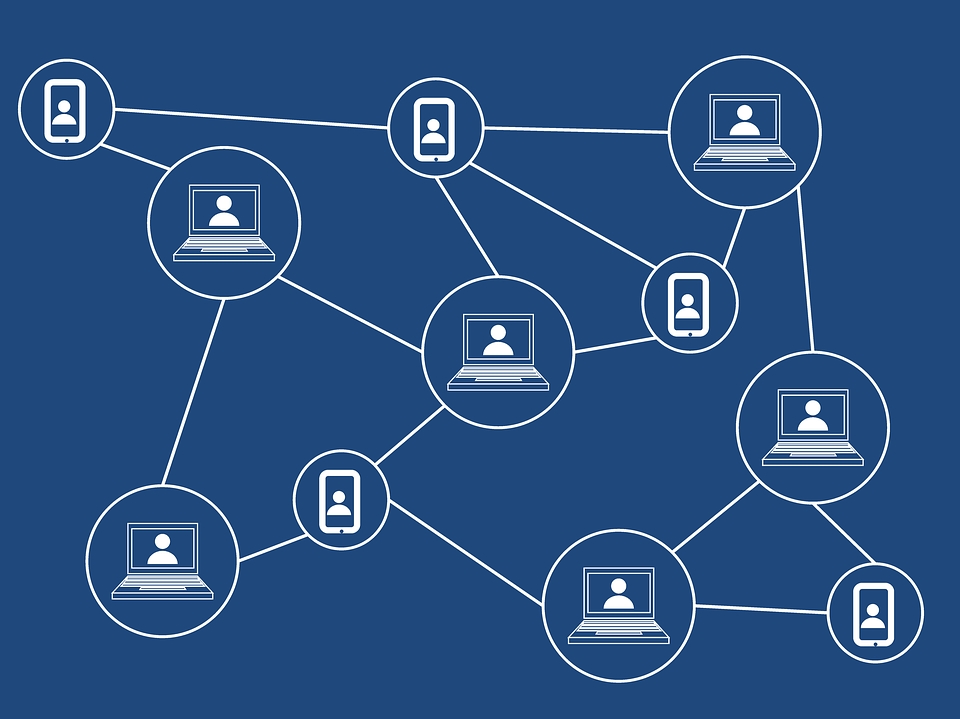There is an old saying that say, what someone can lock, someone else can unlock. This is usually used regarding attackers getting into a network or compromising protected data. It is not often applied to security researchers unlocking information encrypted by a major ransomware threat group. However, this is exactly what has happened as researchers at Kookmin University in South Korea say they have utilized a flaw in the encryption method used by Hive Ransomware to find a way to unlock it.
- Details
- By Sean Kalinich
- Hits: 1036
Read more: Flaws, they’re not Just for Attackers Anymore as...
Blockchain, the immutable public transaction log where many say the future lies and the concept of “code is law” is often bandied about. However, the bank ending utopian promise of block chain and web3.0 has not exactly arrived and it is not as “de”centralized as it was supposed to be. Instead, the power and control of blockchain technologies, especially when is comes to currencies involved have been concentrated in a few groups while theft, scams and crime seem to be the most common things you read about it. So, what happened? The concept of Web 3.0 was not supposed to be like this.
- Details
- By Sean Kalinich
- Hits: 1340
After Google talked about their response to Apple requiring user acceptance for cross app tracking on mobile devices, the internet sort of exploded with different articles about the pros and cons of each. We wrote about this 2 days ago and gave out thoughts on both solutions. You can read the full article, or just read on for the summation. In short, Apple requiring a user to explicitly allow an app to perform cross tracking and data collection is better than Google’s current plan to collect everything and allow controlled access to the data via API. Google’s plan has even brought up the specter of anti-competition laws as they would literally control all the data on a mobile device. Yes, it is that bad.
- Details
- By Sean Kalinich
- Hits: 1452
Read more: Concerned about Android Tracking? You Can Remove...
Linux has always had something of a mystique about it. Regardless of the distro (flavor) of Linux there simply certain misconception around Linux that are both entertaining and concerning. One of my all-time favorites was/is that it is a “hacker” OS. This fun little misunderstand was so bad at one point that it was part of a parent’s guide on how to tell if your child is a hacker. Nothing says out of touch like labelling an entire OS line as a “hacker” OS. The other side of the coin is the belief that it is secure out of the box. In simple terms, no OS is secure out of the box, all of them have vulnerabilities including serious ones that allow for complete compromise.
- Details
- By Sean Kalinich
- Hits: 1148
Read more: Linux has a New Local Privilege Escalation Bug...
Will someone tell Microsoft (again) that to lead in the industry means not just following the competition? They seem to have lost that message again as we are hearing that they will require a Microsoft account to set up and use future versions of Windows 11 Pro. This frustrating need to be attached to the internet and beholden to Microsoft just to use your operating system has always been an odd choice to me, but it is Microsoft and when they can’t figure out what to do, they tend to just copy features (and bad ones at that) from Apple or Google.
- Details
- By Sean Kalinich
- Hits: 1610
More Articles …
- Trickbot Evolves as The Developers Target Customers of Multiple Financial Institutions
- Joint Advisory from the NSA, FBI and CISA Warns of Long-Term Attack by State Actors with Little Detail.
- After Apple Unveils Privacy Features that Block Meta Tracking, Google Says they Can Do it Too
- Is Firefox Going away and Taking Privacy Options with It?
Page 22 of 33








